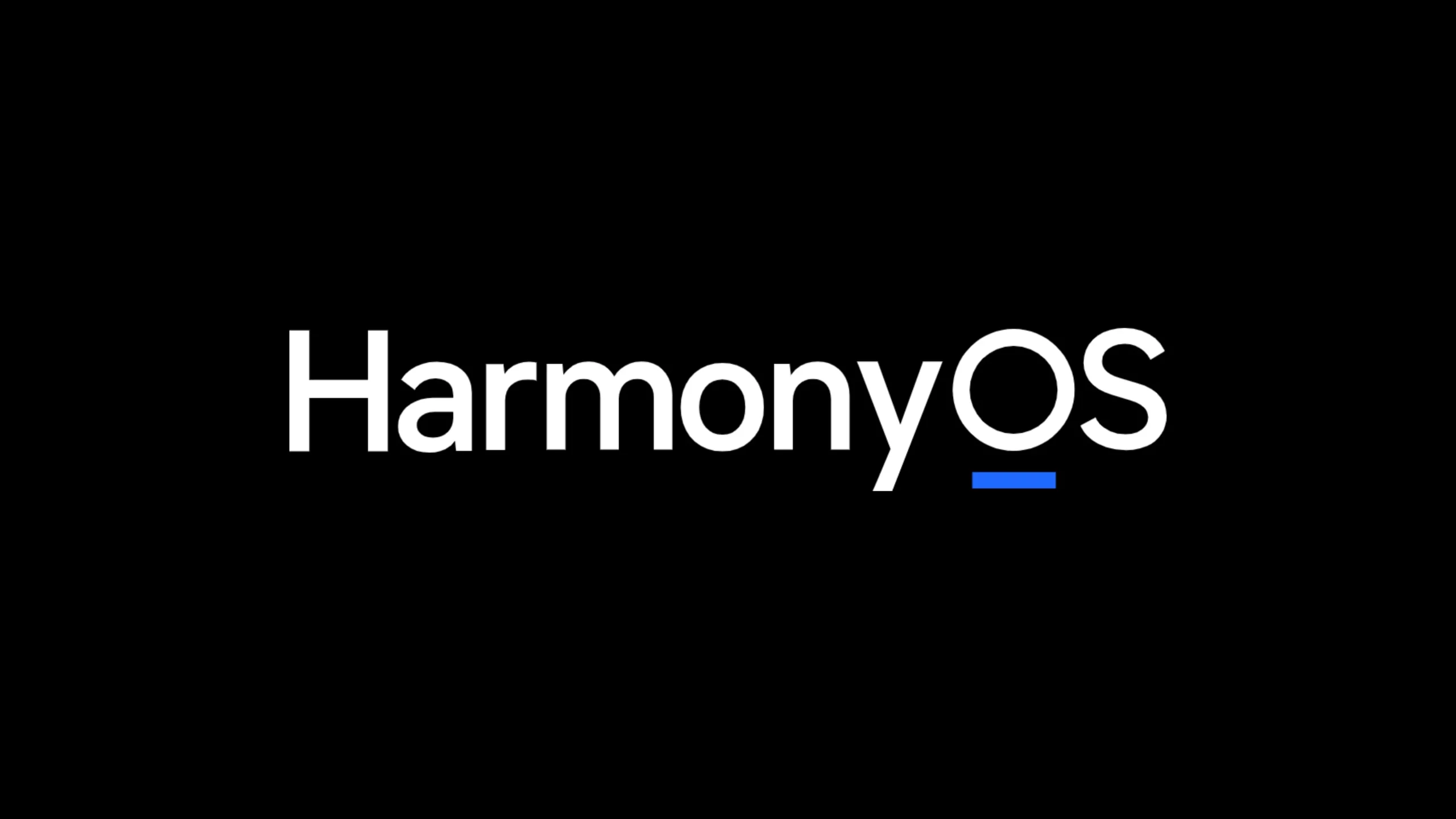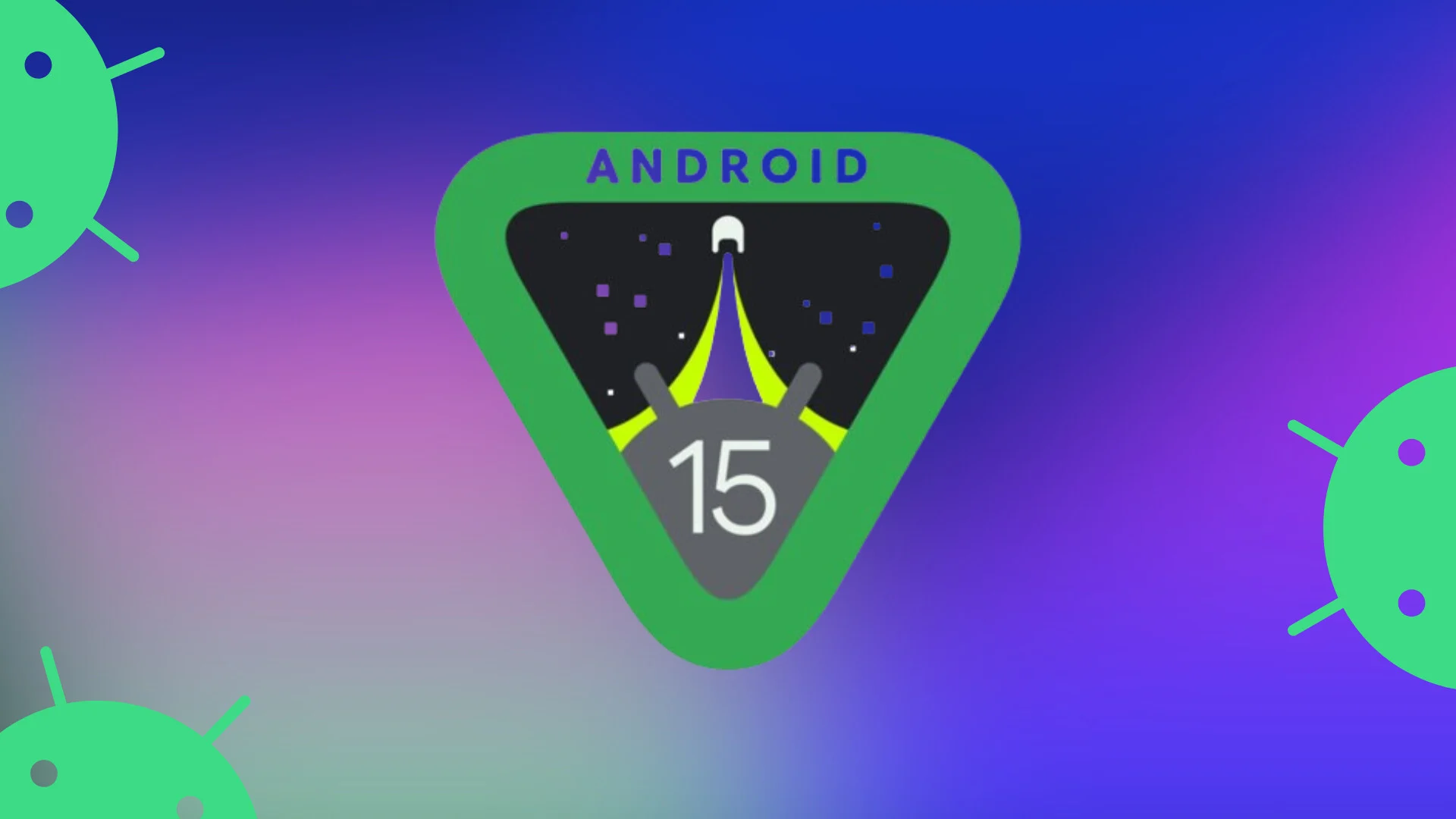In a groundbreaking move, the Bill & Melinda Gates Foundation has launched an ambitious initiative, earmarking a significant $3 million towards the AI Grand Challenge. This initiative seeks to harness the vast potential of generative AI and Large Language Models like ChatGPT-4 to address critical issues in health, gender equality, financial inclusion, agriculture, and education across the globe, particularly in low- and middle-income countries. The foundation’s proactive approach signifies a pivotal shift towards integrating cutting-edge technology to tackle longstanding global challenges, ensuring that the benefits of AI innovation reach the most vulnerable communities worldwide.
The Gates Foundation’s venture into generative AI underscores its commitment to leveraging technological advancements for social good. By focusing on “innovative and safe approaches” to AI, the foundation aims to build a robust evidence base that can significantly improve lives and conditions in vulnerable communities. This initiative not only demonstrates the foundation’s recognition of AI’s transformative potential but also its dedication to mitigating risks associated with technology deployment in diverse global settings.
With the AI Grand Challenge, the foundation is not just providing financial support but is also setting a precedent for responsible and inclusive technology use. This includes a rigorous selection process prioritizing proposals led by investigators from low- and middle-income countries, ensuring that the projects are grounded in the realities of the communities they aim to benefit. Moreover, the foundation’s strategic partnership with organizations in countries like Brazil and South Africa reflects a collaborative approach, aiming to catalyze a broader investment and interest in AI-driven solutions for global health and development.
During my visit to India, I saw how AI and DPI are improving access to education, healthcare, and lives of small farmers, and how these technologies can be transformative for the world. https://t.co/teNHbEIzoe
— Bill Gates (@BillGates) March 30, 2024
Bill Gates, in his discussions at the World Economic Forum in Davos, highlighted the dual nature of AI, acknowledging its potential to both enhance productivity significantly and pose challenges in terms of governance and ethical use. His insights reveal a deep understanding of AI’s implications, emphasizing the need for balanced and thoughtful engagement with this technology to maximize its positive impact on society.
As the Gates Foundation embarks on this ambitious journey, the AI Grand Challenge represents more than a funding initiative; it is a call to action for innovators around the world to contribute to a future where technology serves as a cornerstone for equity, health, and prosperity for all. This strategic move by the foundation not only aligns with its longstanding commitment to global health and development but also sets a new benchmark for philanthropic engagement with emerging technologies.
In a move that sent shockwaves through the philanthropic world, Bill Gates has made the controversial decision to replace a significant portion of the Bill & Melinda Gates Foundation’s staff with a generative AI copilot. The decision highlights the growing capabilities of AI technology and raises questions about the future of human employment in various sectors.
Gates, a well-known technology advocate, cited the AI copilot’s potential for increased efficiency, streamlined operations, and enhanced decision-making as the primary reasons behind the shift. The AI system is expected to handle a range of tasks, including grant proposal analysis, data-driven strategy development, and communication with stakeholders.While Gates acknowledges the potential for biases within the AI system, he argues that these biases can be mitigated through careful programming and continuous monitoring. He believes the benefits of AI integration outweigh the risks, particularly in resource-intensive philanthropic endeavors.
The decision has drawn mixed reactions. Some experts praise Gates’ forward-thinking approach and believe it could lead to more effective philanthropic outcomes. Others express concern about job displacement and the potential long-term societal consequences of widespread AI adoption in the workplace.Labor unions and workers’ rights groups have been particularly vocal in their criticism, arguing that the move undermines human workers and sets a dangerous precedent for other industries. They have called for greater regulation of AI in the workplace to ensure fair labor practices.The Gates Foundation’s decision underscores the accelerating pace of technological change and its impact on the workforce. As AI becomes more sophisticated, it is likely that similar scenarios will play out in other sectors, forcing businesses and society to grapple with complex ethical and economic issues.
This groundbreaking move by Bill Gates will undoubtedly spark intense debate and scrutiny into the relationship between humans and AI in the workplace. Time will tell whether his bold experiment paves the way for a more efficient and impactful philanthropic model or serves as a cautionary tale about the unchecked displacement of human workers.
























Add Comment